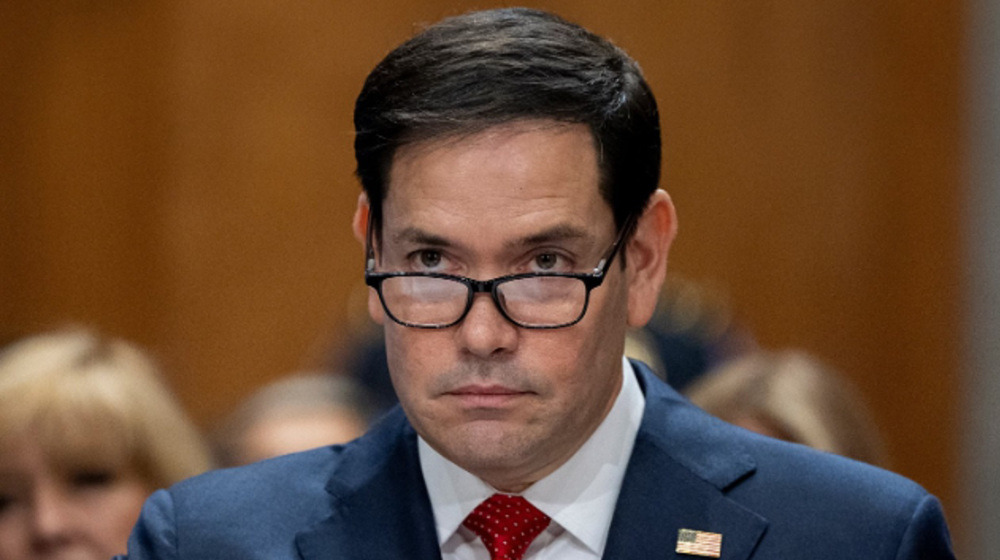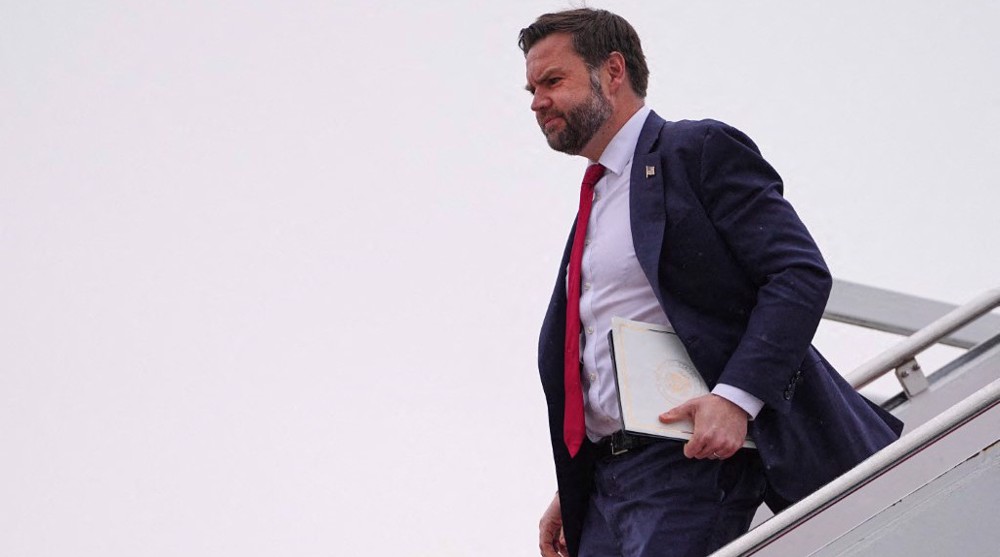Christianity Today editorial shows growing split between Trump and evangelicals
A blistering editorial by evangelical publication Christianity Today that criticized President Donald Trump’s “grossly immoral character” has sparked a Christmas holiday debate over religion in US politics, and posed new doubt about the close alignment between white evangelical voters and Trump.
In an editorial published December 19, Christianity Today’s editor-in-chief Mark Galli called Trump “profoundly immoral” and said he should be removed from office.
The article prompted some church leaders and the US president himself to denounce the criticism as elitist and out-of-touch. However, other religious scholars and leaders have signed a petition in support of the magazine, stating that the "United States evangelical and Christian community is at a moral crossroads."
Some religious leaders say the alliance between conservative Christians and the Republican president is exacerbating a long-term crisis facing white evangelicalism, including the alienation of younger Christians.
Figures show a big reduction in white evangelical church participation among adults under 40, and publications such as Christianity Today are struggling to engage those in their 20s.
“One of the major factors is that the church is too tied up in right-wing politics,” Greg Carey, a professor at Lancaster Theological Seminary in Lancaster, Pennsylvania, told Reuters.
Trump’s presidency may make the age gap worse, some evangelical Christians believe.
“Having to go out and defend this guy day after day, as many of these Trump evangelicals are doing, they’re just destroying their credibility,” said Napp Nazworth, the former editor of another publication, the Christian Post.
Nazworth resigned on Monday over the Christian Post’s plans to criticize Christianity Today for its anti-Trump editorial. He told Reuters many younger evangelicals opposed Trump’s immigration and asylum policies and were concerned about alleviating poverty, in contrast to older members of the faith.
Evangelical leaders supporting with Trump “will have no moral authority to speak to moral issues of the day after defending him,” Nazworth said.
Evangelicalism, like all forms of Christianity in the United States, is struggling to attract younger members, amid an unprecedented surge in recent years of the number of people identifying as religiously unaffiliated.
White evangelical protestants declined as a proportion of the US population between 2006 and 2018, falling to 15 percent from 23 percent, according to analysis by the Public Religion Research Institute.
White evangelical Christians have a higher-than-average voter turnout and they overwhelmingly voted for Trump in 2016,. They have largely stayed with him despite the controversies over his harsh attacks on political rivals and demeaning comments about women and immigrants.
However, a failure to draw young worshipers means the electoral influence of evangelicals will diminish in the coming years, said Robert P. Jones, chief executive and founder of PRRI.
Younger evangelicals are put off by church leaders’ seemingly unconditional support for Trump despite his “cruel” treatment of migrants and deregulation that could damage the environment, said Marlena Graves, a Christian author on faith, culture and justice.
The median age of white evangelicals and white Christians overall is 55, according to PRRI data, compared with 44 for the overall white population.
Many US evangelicals also strongly support Israel, and praised Trump’s decision in 2017 to recognize Jerusalem al-Quds as Israel’s capital and move the US embassy there from Tel Aviv.
Pezeshkian condemns ‘savage’ US-Israeli attack on school that killed nearly 90
Islamic Jihad extends 'full solidarity' with Iran following Israeli-American aggression
Leader of the Islamic Revolution martyred in cowardly Israeli-American aggression
Iran to continue acting in self-defense until enemy’s aggression ends: UN envoy
True Promise 4: IRGC launches new waves of missiles at Israeli, American targets
Iran to make Zionist criminals and vile Americans regret their actions: Security chief
Hezbollah, Ansarullah warn US-Israeli aggression on Iran to engulf entire region
Russia strongly condemns US-Israeli aggression on Iran, calls for UNSC meeting













 This makes it easy to access the Press TV website
This makes it easy to access the Press TV website